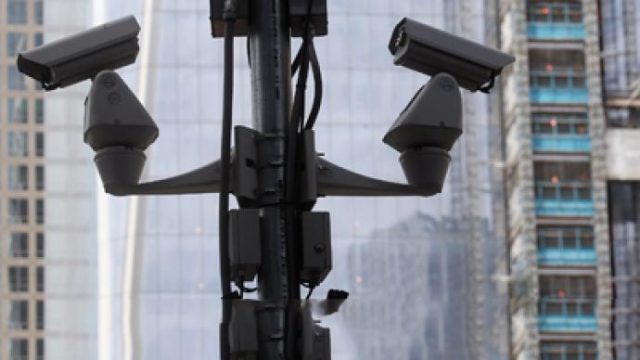Law Enforcement Mission Creep: Feds Want To Track You With License Plate Scanners

A while back there was some controversy over a program launched by a few North Dakota law enforcement agencies which equipped squad cars with automatic license plate scanners. The scanners would grab and run any license plates they see, with the idea being that they would alert the officer in the car to any vehicle that has been flagged as stolen or something.
But here’s the thing: The scanners create a record about the plates they can, documenting the time and place they were scanned, creating in the aggregate a database that reveals a lot about the movements of private citizens. In other places, the scanners are used as a part of public surveillance systems.
According to the ACLU, in North Dakota the scan data is a public record, and according to law enforcement agencies they only keep the data for a limited amount of time. But how long did you think that was really going to last? A searchable database of citizen movements? It’s too good for law enforcement to give up, and now the feds are involved. The Department of Homeland Security wants all these license plate scans reported to them for a national database:
The Department of Homeland Security wants a private company to provide a national license-plate tracking system that would give the agency access to vast amounts of information from commercial and law enforcement tag readers, according to a government proposal that does not specify what privacy safeguards would be put in place.
The national license-plate recognition database, which would draw data from readers that scan the tags of every vehicle crossing their paths, would help catch fugitive illegal immigrants, according to a DHS solicitation. But the database could easily contain more than 1 billion records and could be shared with other law enforcement agencies, raising concerns that the movements of ordinary citizens who are under no criminal suspicion could be scrutinized.
A spokeswoman for DHS’s Immigration and Customs Enforcement agency (ICE) stressed that the database “could only be accessed in conjunction with ongoing criminal investigations or to locate wanted individuals.”
If twenty years ago you told an American citizen that their movements would be tracked by a national program that automatically scans and stores their vehicle tags, and that the operation was being run by a government entity called the Department of Homeland Security, they’d think you were talking about some Orwellian-themed science fiction story about a dystopian future America.
Except, now that science fiction is our reality.




